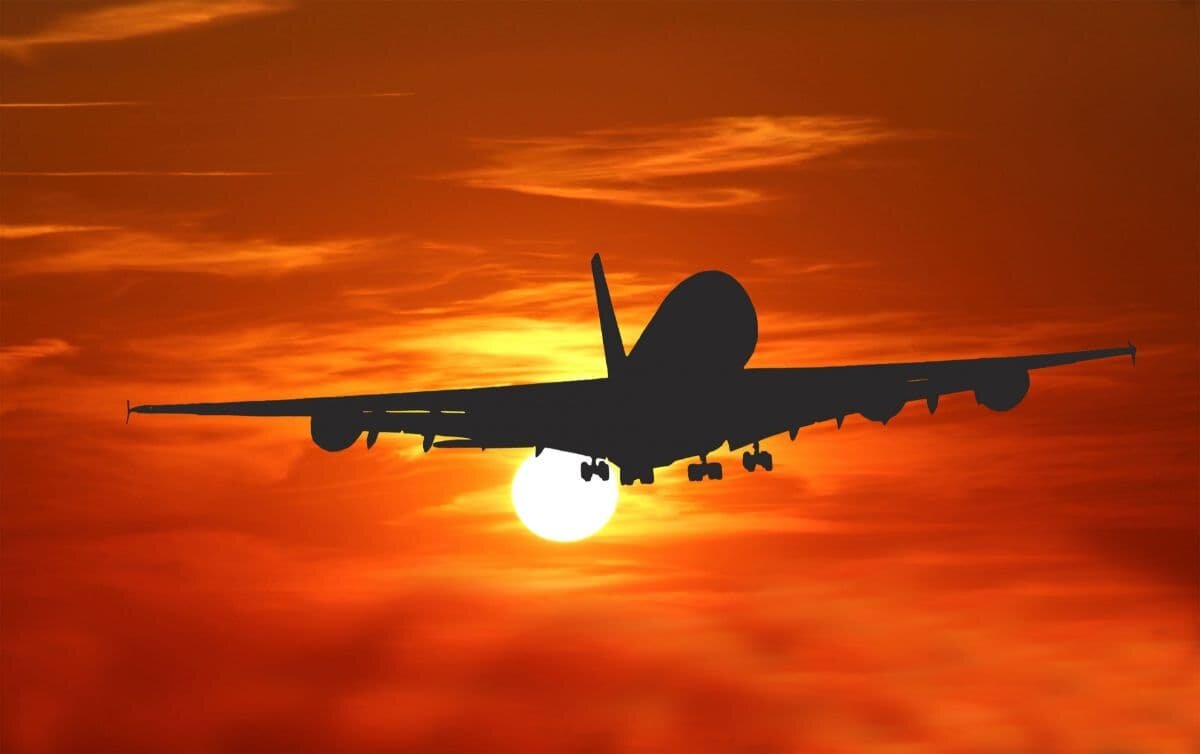Jul 23, 2020
The Future of Business Travel – and How it Will Impact All of Us
Today I am sitting across the street from the world headquarters of State Farm insurance in Bloomington, Illinois. I am back in my college town of Bloomington/Normal at Illinois State University. From my window I can see four or five large corporate buildings – of the dozen or so that are located here – with nearly empty parking lots. On a normal day, these lots are packed full of insurance executives.
Will business travel come back after we have had a vaccine for the coronavirus? It is a question that many have been pondering for the past six months. With recent developments such as the significant early retirements issued from global airlines, news of increased remote productivity among the corporate work force, and a push into new and improved video conferencing, it is hard to imagine business executives returning back to the old airport to hotel grind.
The business travel sector fuels both the airline and lodging industry. Without it, the entire industry has to restructure around smaller and less lucrative segments, such as tourism and incidental travel. Recent estimates indicate that business travelers account for only 12% of airline bookings but nearly 75% of all revenue. As we watch the airlines prepare to downsize, they know what the future holds.
I can’t see business travel returning to days of past glory. It will likely be six months more before a vaccine has hit and penetrated the global marketplace. That means national and global businesses will have had nearly a year to run remotely with their work teams. Airlines will not be able to follow the same equation of packing large numbers of passengers into small planes, driving overall costs up. Business traveler hotels have largely exceeded the capacity needed for the future of travel, which could mean a shift in how they use their large chains.
At ISA, we like to talk a lot about how the pandemic is accelerating changes in industry. As we watch different industries adapt to a new reality, we will see them completely restructure their business strategy. The travel industry is just one of these new realities. Travel experts agree that, once the government subsidy has been removed in the fall, consumers should expect to see higher prices and fewer choices in the marketplace of travel. What this means is that the industry will have had to pivot around new consumers and a new price structure.
Next week we will talk about the shifts in office and real estate.

